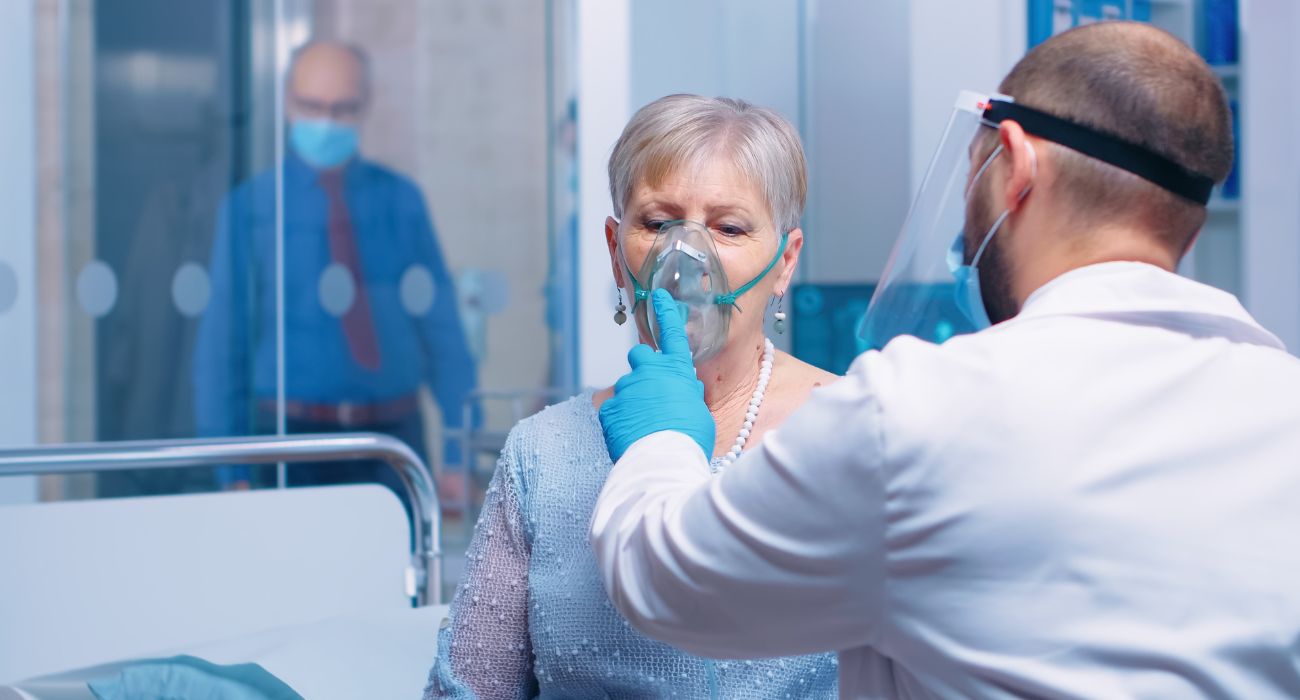From the flu to COVID-19 to RSV, hospitals across North Texas are witnessing an uptick in respiratory illnesses.
It is challenging to gauge the extent of the spread of sickness in the region. While viruses can be detected via testing, there is no comprehensive picture of infection rates. For one, many people will contract a sickness and recover without ever consulting a doctor or having their illness identified.
“There are tests that can be done, but you’d have to go to the doctor to have it done, and really what difference does it make?” said Catherine Troisi, an infectious disease epidemiologist with UTHealth Houston School of Public Health.
Even when testing is performed, it is often completed at home, like with COVID-19, and the results are not necessarily shared or accurate.
For RSV, the surge that The Dallas Express has covered since last month, tests are simply in short supply. Medical professionals do not always have the tools required to definitively determine a particular illness, nor are Texas healthcare providers required to record RSV test results in the statewide database.
“In terms of public health, we want to know what’s out there, but to you and me, all we know is we don’t feel well and we are pretty sure that we will get better soon,” said Troisi.
Here is what health officials know for sure at this point: Dallas County Health and Human Services (DCHHS) verified 1,285 positive instances of the flu for the seven days ending November 12 — the latest official numbers available — more than a 40% increase over the 908 cases identified the week prior and more than triple the 414 cases identified the week before that.
Influenza A, or H3N2, has been identified as the primary strain circulating through North Texas. This particular strain is known to cause more severe symptoms in older adults and young kids.
RSV cases have also risen lately. Experts predict the upward trend will persist throughout the holiday season as socializing and traveling increase.
RSV, in particular, has been making headlines in recent weeks around the country. The virus primarily affects babies who lack sufficiently developed immune systems, leading to rising hospital visits. According to Steve Love, president and CEO of the Dallas-Fort Worth Hospital Council, roughly 96% of inpatient beds at pediatric hospitals in North Texas are currently occupied.
To quickly offer beds to the ill, hospitals in the region are tracking and sharing pediatric bed availability every four hours so patients can be transferred to free beds as soon as possible.
Some hospitals, like Cook Children’s pediatric hospital in Fort Worth, began restricting testing only to the sickest and youngest patients. Earlier this month, as The Dallas Express reported, the hospital activated its internal disaster code procedure due to the surge in traffic they are witnessing.
Despite the concerns around RSV, most children over the age of 2 will not require hospital treatment for the illness. Fortunately, there have also been no publicly reported deaths caused by the virus this season in North Texas.
A silver lining this season is the fact that COVID-19 has been relegated from its former spot of dominating hospital beds in the region. While highly contagious, the circulating omicron subvariants are less severe than other forms.
As of November 23, there were 306 patients hospitalized with COVID-19, according to the Dallas-Fort Worth Hospital Council. For perspective, at the height of the omicron outbreak last January, more than 4,000 patients were hospitalized in North Texas with COVID-19, 16 times the current level.






